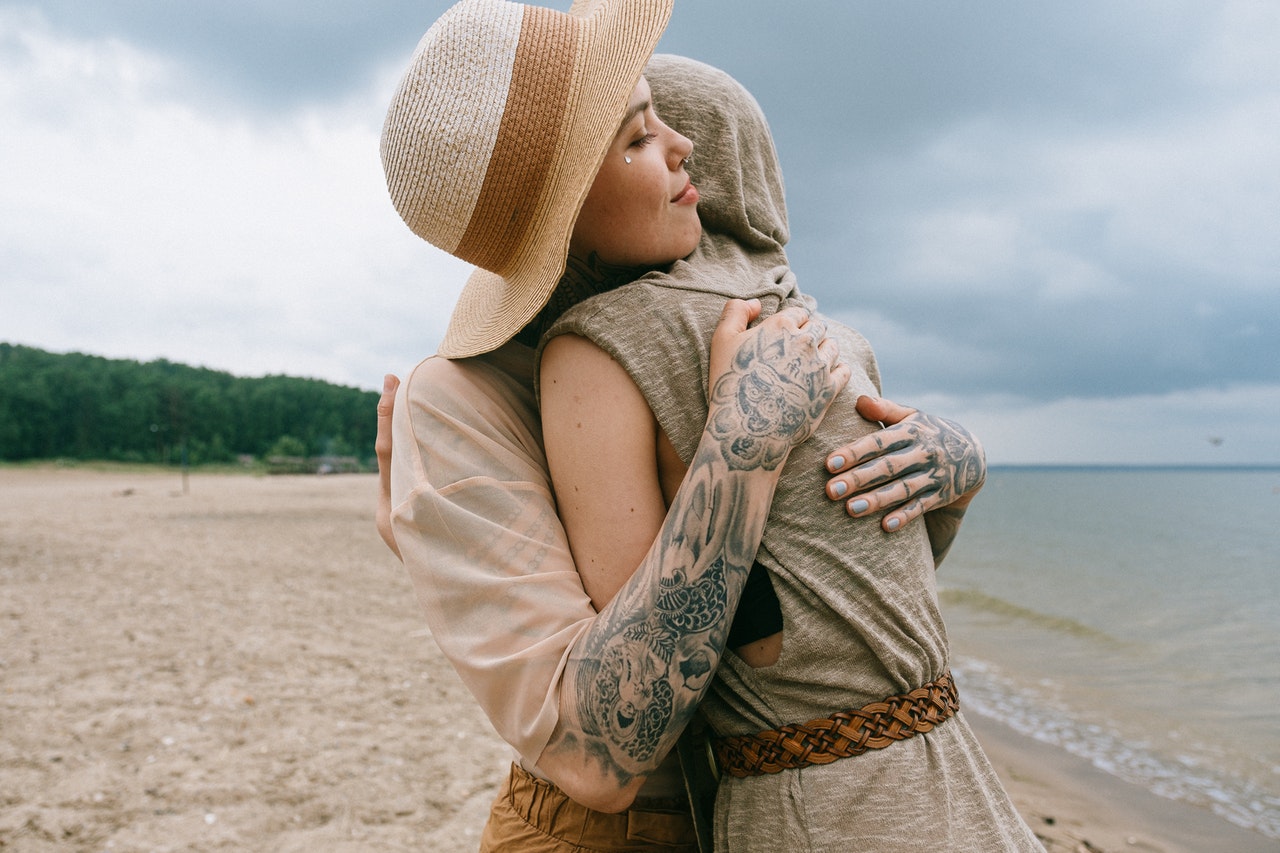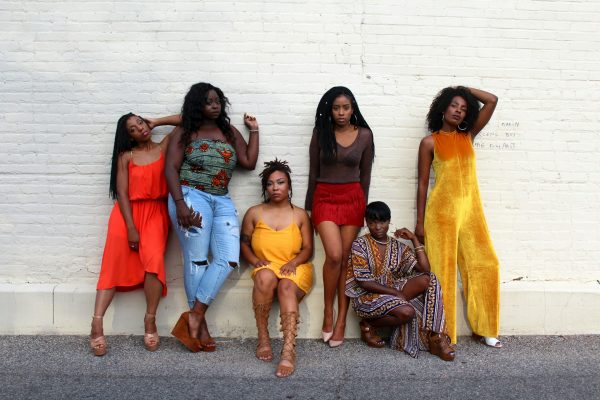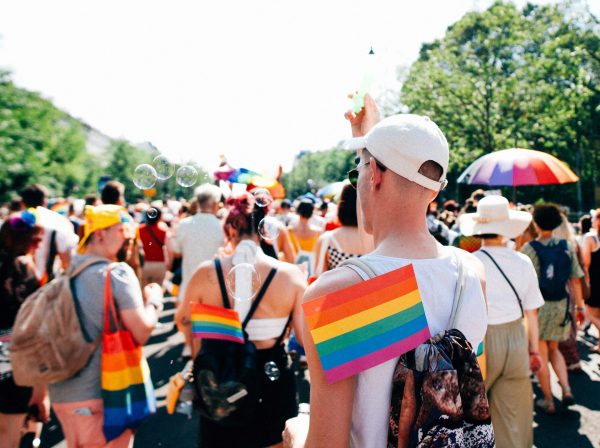Anyone having dealt with the topic will know that coming out as gay is not an easy choice to make. The burden of what friends and family might think can be a lot to handle. To make the emotional process effortless, it is crucial to be someone who knows how to support a friend. And we will give you some tips on how to do that the right way.
The acceptance of LGBT members has been steadily increasing over the past years, but sadly, that does not mean that the entirety of the world is supportive of them. Many gay people are still experiencing issues with coming out, whether that be because of their environment, or inner turmoil. Having friends that offer their support during the coming out process is one of the things that can actually have a significant positive impact. The opposite is also true. According to a nationally represented survey, one in four LGBT adults has experienced rejection by family members or their friends. Naturally, this can be traumatizing to the affected person.
That is why becoming educated on supporting LGBT members is so important. When it comes down to it, just showing up and being there for your friends can greatly improve the experience. It does not take much; a little kindness can go a long way. After all, everybody deserves love, in whatever way they see fit, and with whomever they like. Whether one finds their other half in a café, club, or online dating sites does not make a difference as long as the sparks fly.
Establish a Safe Space
As there’s no way of knowing if someone will come out to you until they do, you can make sure that you always show openness and acceptance so your friends feel at ease telling you when the time comes. Be sure to foster a strong connection with your friend so that they are comfortable with trusting you. Make a conscious effort to show them that you are open-minded regarding the gay community by showing interest when the topic comes up, reading up on it, and perhaps even sharing positive LGBT posts on social media.
Read the Cues
It is important to understand that whenever someone comes out to you, they have thought about it for a long time. They think you are someone they can trust with that information. Your friend may mention it in passing, or they may want to discuss it in detail. Both ways are completely fine. Be sure to never say that you already knew, or ask why they have not mentioned it sooner. That will make your friend’s experience more difficult than it already is. Try to take cues on the emotional intent behind their delivery and act accordingly. In general, it is better to under-react than to overreact. If you want to know how to help a friend feel better, simply be kind and make it about them more than about your thoughts.
Offer Advocating for Them
Offering to advocate for your friends is another way to support them that could mean a lot. You could ask for their permission about sharing the news with some of your mutual friends or even help them give the news to their family. You never want to share the news of your friend coming out without asking first, that is a crucial part of the process.
Do Regular Check-Ins
If you want to understand how to help a friend feeling lonely, think of what you would want in that situation. The answer is to do regular check-ins with them. Coming out may be an emotionally draining experience, and it can feel especially alienating if the person faces backlash. Simply ask your friend how they feel from time to time, tell them that you are there for them whenever they need someone to talk to or hang out with.
All in all, be gentle with someone coming out. Play it cool and read their emotions. If they are excited and happy about it, match that. If they mention it in passing, don’t make a fuss about it either. Be there for them, listen to how they feel, and provide a safe emotional space for them. Remember to keep a tab on your friend and ask how they are feeling during the process of coming out. We would appreciate your opinions on the subject. Have you got tips on how to support a friend being bullied because of being LGBT? How do you go about supporting queer family members?






